Torg and Marvel Super Heroes: The shared vocabulary of stories
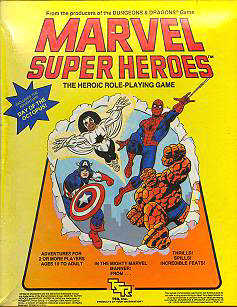 John O’Neill’s editorial in Black Gate 14 touched on gaming, on wargaming and role-playing, and on the way these things shaped the way friends interact. It hit home for me, because I recognised in my life much the same sort of phenomenon John described in his own.
John O’Neill’s editorial in Black Gate 14 touched on gaming, on wargaming and role-playing, and on the way these things shaped the way friends interact. It hit home for me, because I recognised in my life much the same sort of phenomenon John described in his own.
I didn’t play Nova, the game he and many of his friends played as a sort of long-form creative wargaming campaign. I did play, and in one case referee, long-running role-playing campaigns that gave everybody who took part a special vocabulary, a shared set of touchstones and references that (I think) acquired a particular power from being our own: our own stories, independent from the culture at large, shaped by us and our choices.
I was about seventeen when I met a group of role-playing gamers who’d created their own world for the Marvel Super-Heroes role-playing system. I think the game had been going on for something like eight years at the point I met them, and it’s still going today. (Jeff Grubb has a thoughtful reminiscence on the secret origins of MSH here.)
The world, as such, was not and is not stable; it has been re-invented several times over, as campaigns and storylines begin and end (and, this being a super-hero game, occasionally lead to a reboot of the timeline in the course of play), sometimes incorporating actual comic-book characters and sometimes not, but always using many of the same heroes and villains created by our group of gamers.
The characters were, are, the essence of the game; not their histories, but their concepts, and if you played in that world you could add something to it that would become a part of the ongoing tale.

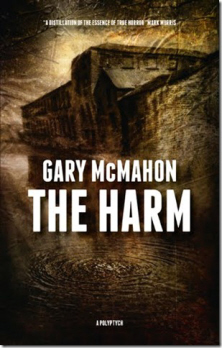 TTA Press
TTA Press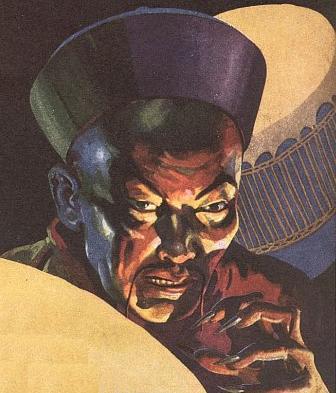
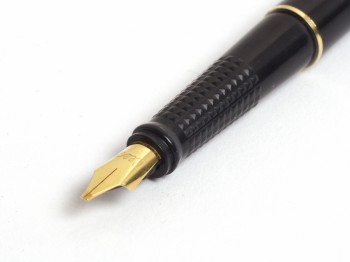 But what about the single most important aspect of the writing process? Yes, I’m talking about butt-in-chair time. How do you get yourself into a good schedule and motivated to write?
But what about the single most important aspect of the writing process? Yes, I’m talking about butt-in-chair time. How do you get yourself into a good schedule and motivated to write?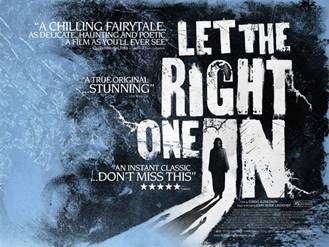 In the name of journalistic integrity, with stomach fortified by a hearty breakfast, I took myself to a Sunday morning matinee of
In the name of journalistic integrity, with stomach fortified by a hearty breakfast, I took myself to a Sunday morning matinee of 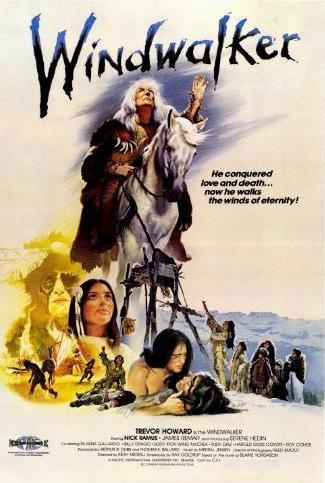 “He conquered love and death…
“He conquered love and death…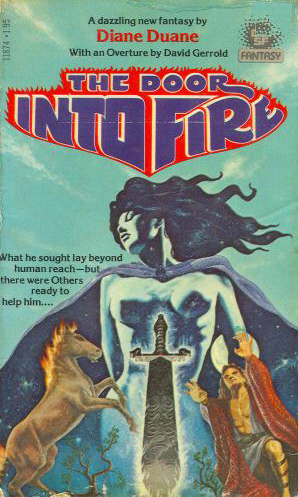 The Door Into Fire, by Diane Duane
The Door Into Fire, by Diane Duane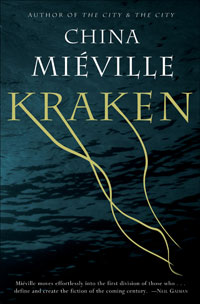 Check out
Check out